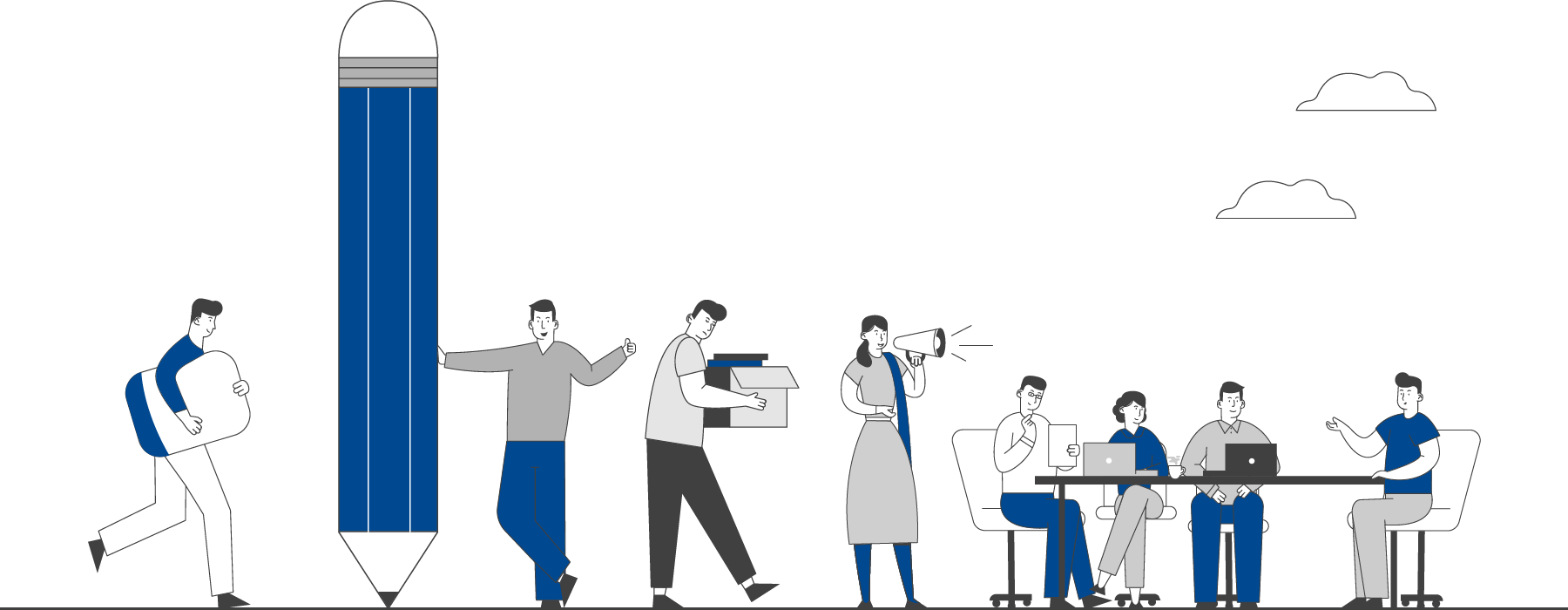

This section hosts guidelines, manuals and toolkits to strengthen public health practice.
Resources
FILTER
BY CATEGORY
View All
Policy stringency and mental health during the COVID-19 pandemic: a longitudinal analysis
23 May 2022by Lara B Aknin, et al. 15 MIN READ
The COVID-19 pandemic has elicited a wide range of responses from governments and people around the world. The wide diversity of policy responses observed has gotten a lot of press. Until now, initiatives have mostly been judged on their capacity to lower infection rates and minimize economic loss. The link between government COVID-19 limits and population short-term mental health is, however, unknown. There are several possibilities around policies and mental health. For example, more restrictive laws may be linked to improved mental health because stricter limits alleviate anxieties about getting the virus and show that governments are involved. People may believe that leaders are aware of a threat and are ready and capable of responding if they are more stringent. COVID-19 limits may thereby minimize psychological suffering and promote life satisfaction if individuals believe they would be protected. Some research suggests that tougher COVID-19 limitations are linked to improved mental health, which could be related in part to assessments of how governments are dealing with the pandemic danger. This study is aimed at how changes in COVID-19 policy constraints have been linked to several aspects of mental health during the pandemic, such as anxiety, depression, and well-being.
Related File :
2565022330.pdfCategories
COVID-19

 EXPLORE DATA
EXPLORE DATA 



























